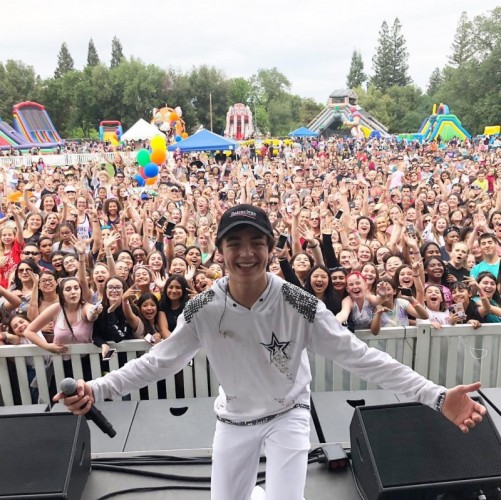

In July 1820 Hick joined other leading industrialists Isaac Dobson, Thomas Hardcastle and Peter Rothwell together with engineer Joshua Routledge to form the Bolton Gaslight and Coke Company, providing gas for public buildings, street lamps and industrial lighting. His brother John Hick also trained as an engineer, in 1808 John left Fenton, Murray & Wood to take up the position of " book-keeper and traveller" for John Sturges and Co. The offer was declined and Hick moved instead to Bolton in 1810 to work for Smalley, Thwaites and Company as manager of Rothwell's Union Foundry on Blackhorse Street. The company made steam engines, textile and other machinery here he was entrusted with the installation of several large steam engines and offered a partnership when his apprenticeship expired.

Hick's aptitude for mechanics and passion for drawing led to an apprentiship in 1804 (age 14) as a draughtsman with Fenton, Murray and Wood at the Round Foundry in Holbeck. Henry Venn was vicar of Huddersfield parish until 1771. He was born at Huddersfield, and christened in the Independent, dissenter's chapel at Highfield, his parents moving shortly afterwards to Leeds where he was educated. Benjamin Hick (1 August 1790 – 9 September 1842) was an English civil and mechanical engineer, art collector and patron his improvements to the steam engine and invention of scientific tools were held in high esteem by the engineering profession, some of Hick's improvements became public property without claiming the patent rights he was entitled to.


 0 kommentar(er)
0 kommentar(er)
